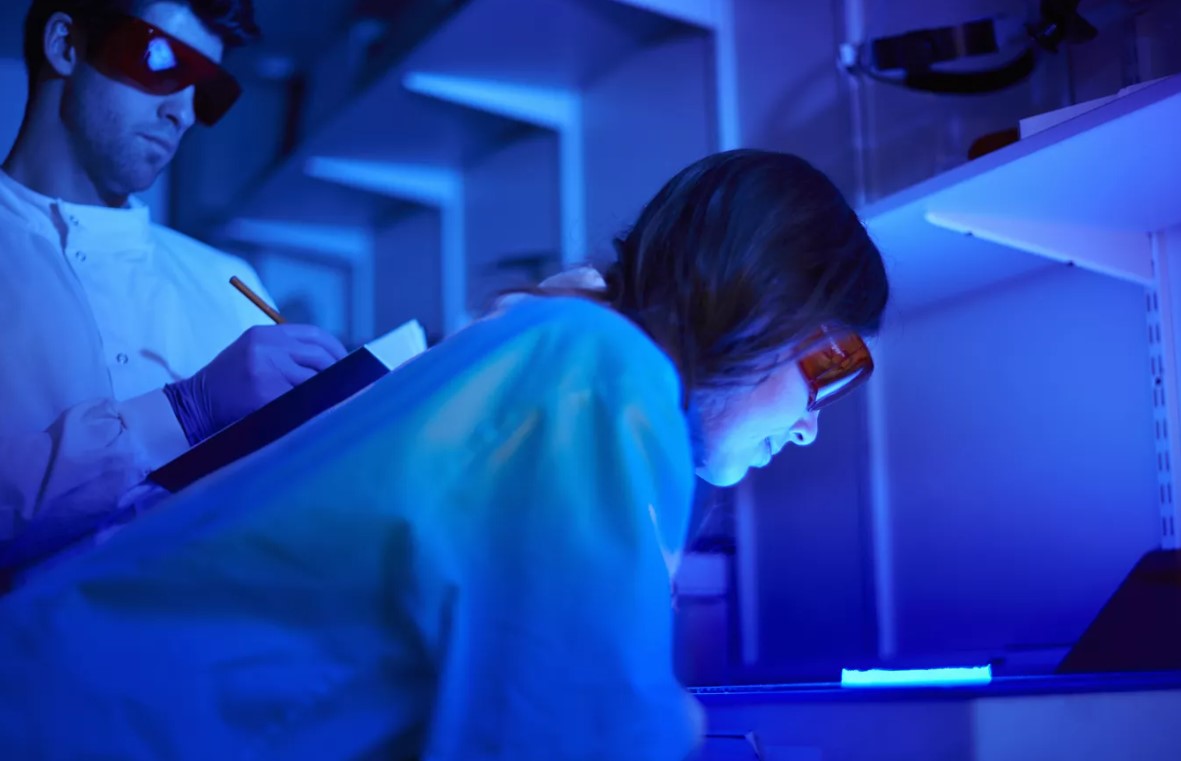Calls for Ukraine
Calls for Europe
Calls for USA

Medical researchers from Tel Aviv University have made a groundbreaking discovery – they have discovered a mechanism in cancer development that prevents the immune system from attacking and destroying tumors. The researchers were surprised to find that switching this mechanism stimulates the immune system to fight cancer cells, even in cancers that are considered resistant to common forms of immunotherapy.
The breakthrough in oncology was led by Prof. Carmit Levy, Prof. Yaron Carmi and PhD researcher Avishai Maliah from TAU’s Faculty of Medicine and Health Sciences, and a description of their discovery is published in Nature Communications.
Prof. Levy tells us: “It all came about completely by chance. My lab studies both malignant neoplasms and the effects of ultraviolet radiation from the sun on the skin and the body – both of which are known to suppress the immune system. Cancer suppresses approaching immune cells, and solar radiation suppresses the skin’s immune system. While most of the time cancer researchers around the world focus on the tumor and look for mechanisms by which tumors suppress the immune system, we have proposed a different approach: to study how UV radiation suppresses the immune system and apply this to cancer. Discovering a mechanism that suppresses the immune system opens up new ways of treatment.”
Scientists studied the behavior of dozens of proteins after exposure to ultraviolet light and were surprised to find a significant increase in the levels of a relatively unstudied protein called Ly6a. This unexpected finding prompted the researchers to continue their work to understand the function of the protein and find out if it is involved in the immune suppression process.
The body’s natural immune system is known to be very efficient and powerful, but it also contains quite a few brakes and regulators to prevent over-activity that can cause autoimmune diseases (situations where the body attacks itself).
Exposure of the skin to ultraviolet radiation from the sun triggers an immediate immune system response: blood vessels dilate, DNA is repaired wherever possible, and cells with mutations are identified and removed. At the same time, a powerful control system with numerous brakes is activated to prevent over-activity.
The use of sunlight to suppress autoimmune skin diseases has been known for many years. Phototherapy is essentially the use of ultraviolet light to treat patients with autoimmune diseases such as psoriasis, vitiligo and others where ultraviolet light suppresses the skin’s immune system.
In this study, scientists found that after exposure to ultraviolet radiation, immune system T-cells, which play an important role in fighting cancer, begin to produce high levels of the Ly6a protein. They hypothesized that Ly6a serves as a brake by which UV suppresses the immune system and that by releasing this brake, optimal immune system activation can be resumed.
Professor Levy says: “We were surprised to find that the Ly6a brake protein we identified is also overexpressed in cancerous tumors, apparently suppressing T cells. Having found this in two cancers, melanoma of the skin and colon cancer, we have reason to believe that the same thing happens in other cancers. Surprisingly, after administering anti-Ly6a antibodies, the tumors shrank significantly.
Moreover, cancers resistant to known therapies responded very strongly to antibodies to Ly6a.
The new discovery may have practical implications for immunotherapy.
Immunotherapy has revolutionized cancer treatment. However, about 50% of patients do not respond to the currently common treatment that targets the PD1 protein.
Now scientists have discovered a new protein, Ly6a, and found that an antibody to it destroys tumors in an animal model – even those that are resistant to therapy targeting PD1. They are now working to translate their findings into the creation of a drug for cancer patients, hoping to provide people with a new and effective treatment method.
Please rate the work of MedTour
